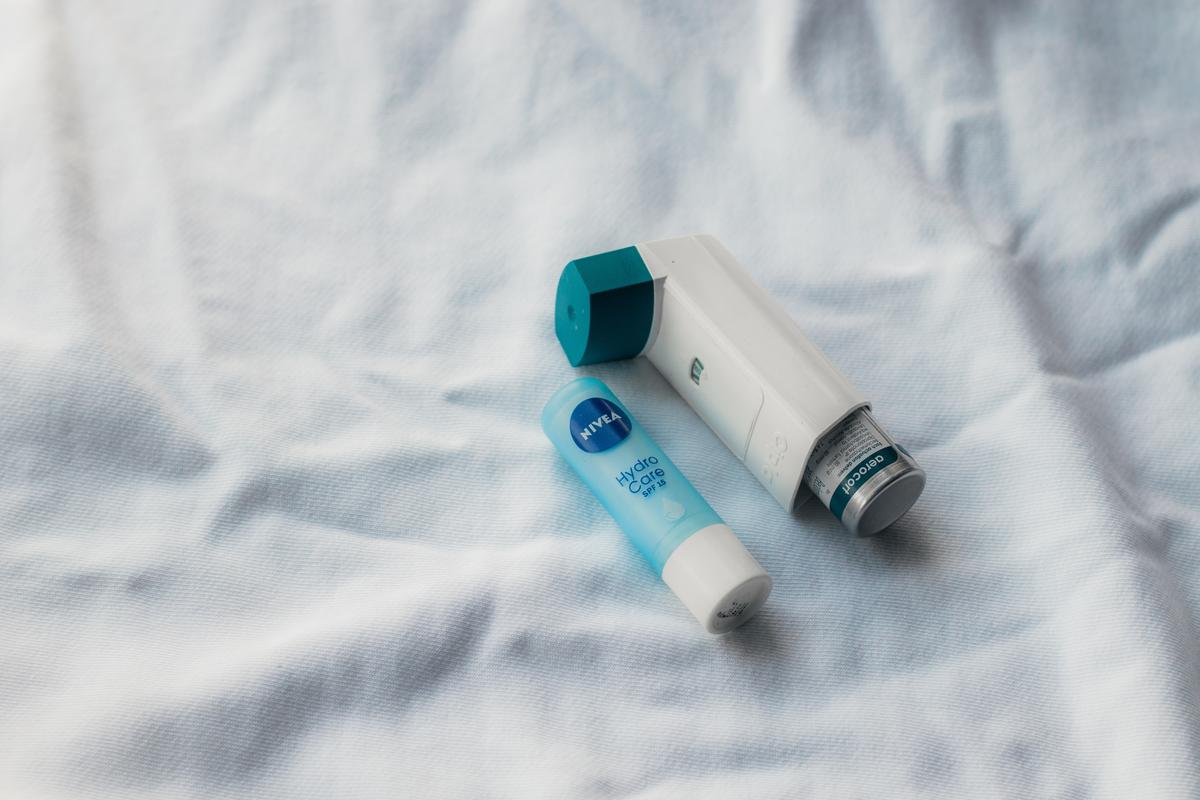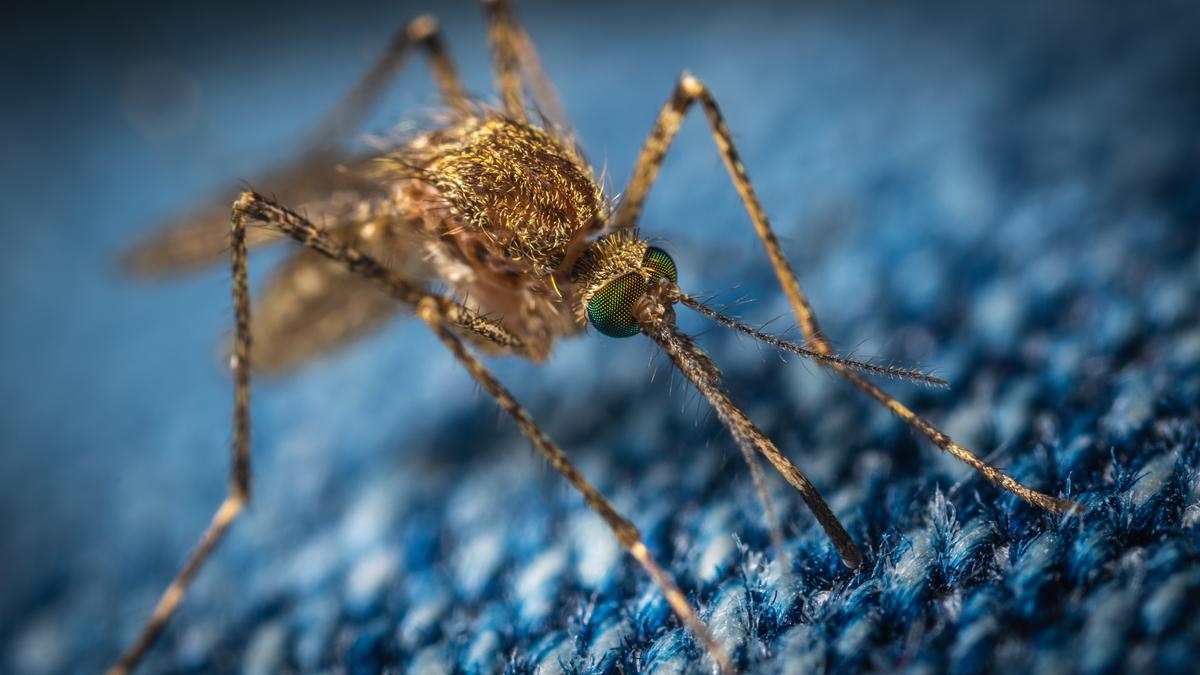First Aid

Thunderstorm Asthma-Be Prepared this Pollen Season
Grass pollen season, which typically runs from October to December each year in Victoria, brings an increase in asthma and hay fever symptoms. It also increases the risk of thunderstorm asthma. For people with asthma or hay fever, especially those who experience wheezing or coughing with their hay fever, thunderstorm asthma can be sudden, serious and even life threatening.
Berwick Chase Primary School will implement a range of measures to keep our school community safe as the risk of thunderstorm asthma increases.
Many of our staff are trained in asthma first aid, and we will monitor the Vic Emergency app to receive thunderstorm warnings, and, where appropriate, keep students indoors when weather forecasts identify greater risk.
During the season, there are some things you can do to prepare and protect yourself and your family:
- If your child has ever had asthma, talk to your doctor about what you can do to help protect them from the risk of thunderstorm asthma this pollen season, including updating your asthma action plan. Taking an asthma preventer properly and regularly is key to preventing asthma, including thunderstorm asthma.
- If your child has hay fever, see your pharmacist or doctor for a hay fever treatment plan and check if you should have an asthma reliever puffer. These are available from a pharmacy without a prescription.
- If your child has hay fever and experiences wheezing and coughing, it is important to make sure they don’t also have asthma. Speak to your doctor about an asthma action plan.
- Where possible, avoid being outside during thunderstorms from October to December, especially during the wind gusts that come before the storm. Go inside and close your doors and windows. If you have your air conditioning on, turn it to ‘recirculate’.
- Protect yourself this pollen season – managing asthma and allergies matters.
To Find out more information, speak to your doctor. You can also visit the Better Health Channel website.
Protecting Against Mosquito-borne Diseases
Victoria’s mosquito season started this month and will extend to late April 2024.
Warm and wet weather can result in greater numbers of mosquitoes and increased risk of illnesses from mosquito bites. While the overall risk is low, some mosquitoes carry diseases that make people sick.
The best protection against mosquito-borne illness is to avoid mosquito bites.
Families can protect against mosquito bites by:
- covering up as much as possible with long, loose-fitting, light-coloured clothing
- applying insect repellent that contains picaridin or DEET on exposed skin when leaving home
- limiting outdoor activity if lots of mosquitoes are active.
To reduce the risk of illness linked to mosquitos, such as Buruli ulcer, promptly wash any new scratches or cuts with soap and clean water and apply a topical antiseptic and dressing.
Families with any health concerns should see their doctor or phone NURSE-ON-CALL: 1300 606 024 (available 24 hours).
Japanese encephalitis virus is spread to humans through bites from infected mosquitoes and can cause a rare but potentially serious infection of the brain.
Free Japanese encephalitis vaccines are available to protect Victorians at higher risk of the virus.
The Victorian Department of Health encourages eligible people who live or work in high-risk local government areas to get vaccinated ahead of summer, which brings an increased mosquito presence.
For more information, including what is considered a high risk area and eligibility for a free vaccine, refer to the Department of Health’s Japanese encephalitis webpage.
For more information on protecting against mosquito-borne diseases, families can refer to the following Better Health Channel pages:
- Mosquitoes can carry diseases
- Protect yourself from mosquito-borne disease, including a handy checklist to help reduce mosquito breeding sites at home and resources translated into other languages
- Japanese encephalitis
- Buruli ulcer.

